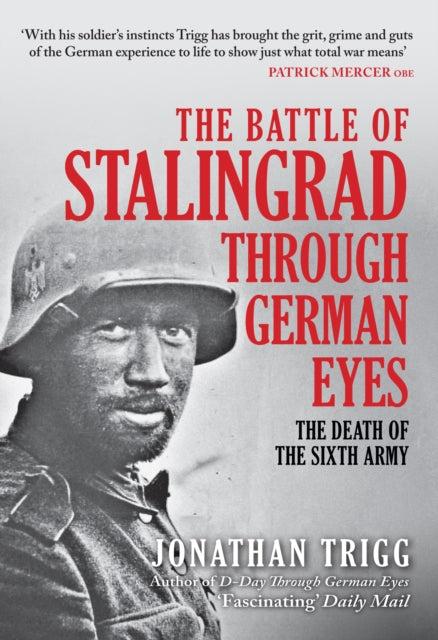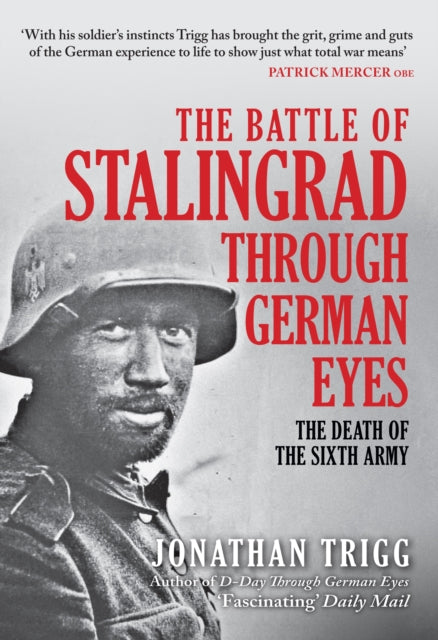The Battle of Stalingrad Through German Eyes
Usually shipped within 24 hours
UK deliveries from £5.95
Delivery & Returns
Delivery & Returns
We use the Royal Mail, DHL Express or UPS for our customers. For UK addresses, deliveries under 10kg are a standard £4.95 via Royal Mail Tracked 48 Service. For orders over 10kg and overseas customers, postage is calculated for you at checkout once you have entered your postal address. This price, does not include any potential custom charges that may apply, depending on the product or destination, as every country has very different import duties / taxes. Online exclusive products (such as trainers) will be delivered to you directly from the printer, separate from other items in your order, but your postage fee covers ALL items in your order.
If you are unhappy with your purchase, please email shop@tankmuseum.org within fourteen (14) working days of receiving your goods, and return it to us at the address below, in its original condition, unopened (with any seals and shrink-wrap intact) and we will issue you a full refund or replace it. Goods must be returned at your own cost. If the item is faulty, you do not need to return it, we will send you a replacement free of charge.
Description
Description
By Jonathan Trigg
Five months, one week and three days of hell. The German offensive to capture Stalingrad began in August 1942, using Friedrich Paulus's 6th Army and elements of the 4th Panzer Army. The attack was supported by intense bombing that reduced much of the city to rubble.
The battle degenerated into house-to-house fighting, as both sides fought for the city on the Volga. By mid-November, the Germans were on the brink of victory as the Soviet defenders clung on to a final few slivers of land along the west bank of the river. Then, on 19 November, the Red Army launched Operation Uranus, targeting the weaker Romanian armies protecting the 6th Army's flanks.
The ill-equipped Romanians were overrun and the 6th Army was cut off and surrounded. Hitler was determined to hold the city - the symbolic namesake of the Soviet leader - and forbade the 6th Army from attempting a breakout, insisting they be supplied by air instead; in February 1943, without food or ammunition, some 91,000 starving, lice-ridden Germans surrendered. The losses on both sides were eye-watering - the Soviets alone suffered something approaching half a million dead and more than 650,000 sick or wounded - and in his unique style author Jonathan Trigg reveals the human agony behind such statistics through the words of the Germans who were there.
Was it all over after the surrender? Of course not. Death marches did for many: Landser Josef Farber remembered: 'We set out with 1,200 men ... about 120 were alive when we reached the camp.' This was war at its rawest - this was Stalingrad.









